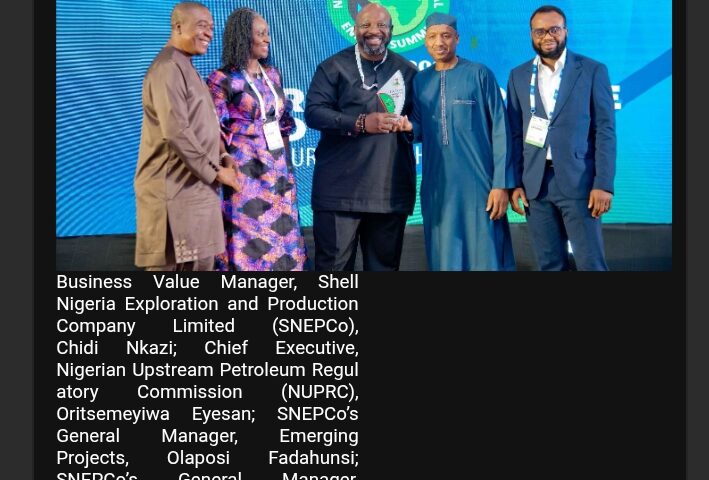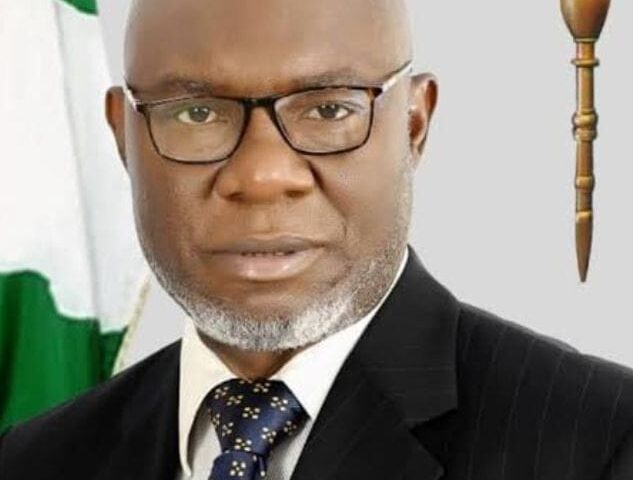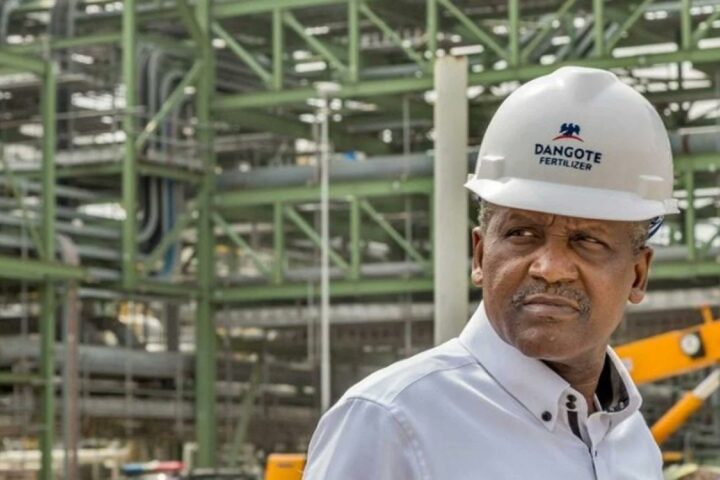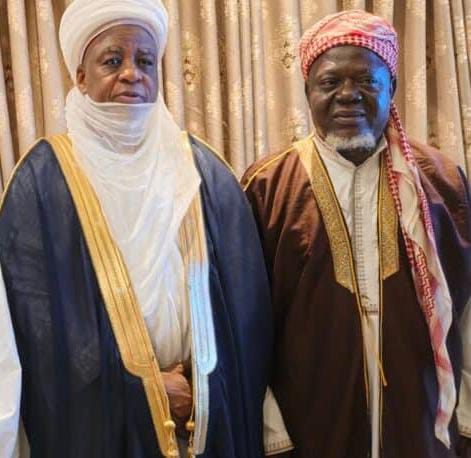Mohammed Shosanya
Shell Plc is exploring options for its global renewable power operations, including a potential stake sale to outside investors
It is said to be working with advisers to study a range of possibilities that could also include separating the business into a more independent unit.
The company has approached several international investors to gauge their interest in buying a stake, according to the people, who asked not to be identified because the information is private.
The deliberations come as Chief Executive Officer Wael Sawan focuses the company’s investments on fossil fuels in a bid to increase shareholder returns and narrow the valuation gap with Shell’s U.S. peers.
Discussions are still at an early stage, and there’s no certainty they will lead to a transaction, according to reports.
Shell may also consider introducing outside investors into some other operations such as its downstream assets, one of the people said.
Some CEOs have set targets for low-carbon alternatives to oil and gas, only for their successors to focus more squarely on the fuels that drive most of the company’s profits, but also cause climate change.
Shell’s approach in recent years was emblematic of the European oil majors’ efforts to position their businesses for a world that cuts carbon emissions and relies less on fossil fuels in the coming years. It’s been a stark contrast to their U.S. peers Exxon Mobil Corp. and Chevron Corp., which have stuck more closely to their core businesses of oil and gas.
Under previous CEO van Beurden, Shell rapidly grew its green power business and briefly sought to become the world’s biggest electricity producer. Its portfolio, which had 6.4 gigawatts in operation or development at the end of last year, includes offshore and onshore wind farms in Europe and the US. It recently acquired Indian solar developer Sprng Energy, Danish biofuels producer Nature Energy and American renewable power company Savion.
Hitherho, investors have rewarded the US oil majors’ strategy, pushing their valuations far above their European competitors.
Shell’s renewable-power business has come under pressure as Sawan pursues what he’s called a “ruthless” approach to prioritizing returns, meaning the unit has to generate profits in addition to cutting the company’s carbon footprint. While Sawan said he will continue to invest in renewable power, he’s vowed to be more selective and only pursue projects that create sufficient value.



















